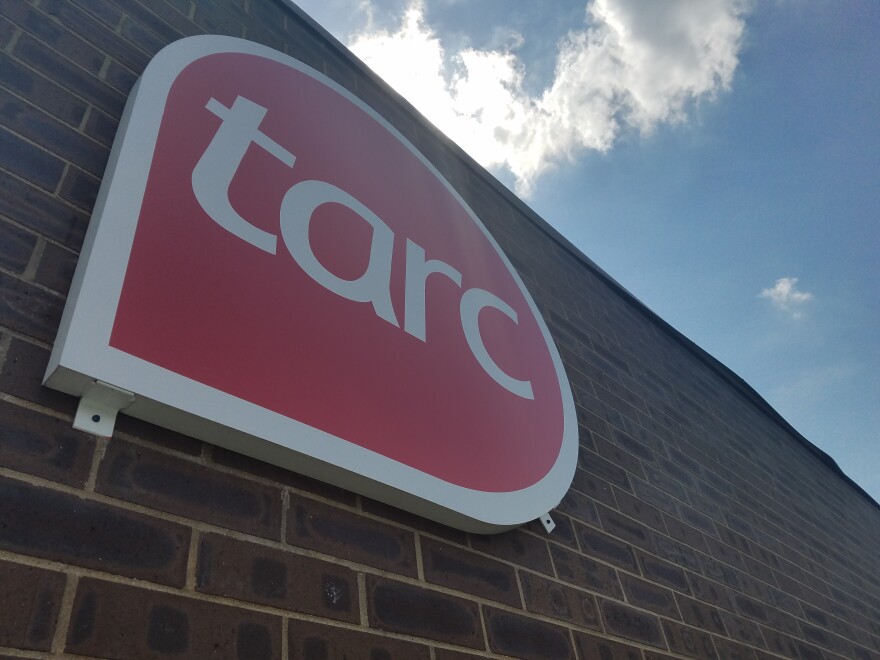The Transit Authority of River City is hobbling under a driver shortage, resulting in delayed routes, longer wait times and irate customers. And TARC officials say the problem isn't unique to Louisville — public transportation systems across the country are experiencing similar problems.
TARC currently has 40 vacancies to fill due to attrition, retirement, family issues and other reasons.
If you ask TARC bus driver Shuntelle Williams, the reason the system can’t recruit drivers is the people.
Williams is 43, has worked at TARC for 18 years, and said the pay and benefits are good. But some people don’t meet the basic qualifications required to drive a bus. Besides the people who don’t qualify, Williams said some people don’t want to work at all or can’t handle the responsibilities of operating a TARC bus.
“Dealing with the public takes a special kind of mindset to deal with different personalities on a daily basis. Some people can’t handle that,” Williams said. “You have lives in your hands. I think that’s really important to remember and realize.”
But TARC Assistant Executive Director Ferdinand Risco Jr. said it’s more than just a lack of qualifications. He said part of the problem is the agency's failure to market itself more.
He compared it to the water company. When customers turn the water on, they don’t consider what work went into making it happen.
“So if the bus is on time, not many people think about how that happens or all the things that go into that,” Risco said. “It’s unfortunate that it has taken a bit of our stumbles to bring some awareness to our issues.”
And it’s not just a local issue, it’s a national one, too.
American Public Transportation Association Vice President Jeff Hiott said the public transportation industry has lagged in recruiting nationally. Some of it is because the schedule might not appeal to prospective workers, but Hiott said in their case it comes down to marketing, too.
“We do have to be creative and we do have to be able to market ourselves differently,” Hiott said. “It is difficult to run service when you don’t have the number of operators that are needed, and agencies are able to work with that as best they can. But if there’s an operator shortage and if people are not available, being out sick or for other areas, that obviously makes challenges the day of.”
In Louisville, the shortages have meant fewer TARC buses arriving on time, and more irate customers.
(Click image below to enlarge)
Courier Journal reported earlier this week that the problem is creating serious delays for riders. And a WFPL analysis found in 2017, TARC received a higher number of complaints in all months but one compared to 2016. This analysis uses complaints per 100,000 miles traveled in order to account for increases and decreases in service between the two years. In August 2017, there were 108% more TARC complaints than there were in August 2016.
Risco says TARC will address that and more through a company-wide analysis which started this week.
“We have to do a bit better,” Risco said. “As we look at our practices and policies around how we attract, recruit and retain our operators, I think that you’ll see here shortly that we will not only overcome this, but we will excel and begin to really move TARC to the next level.”
The analysis has no completion date yet, but Risco said early results will arrive this fall. Until then, he encouraged people to be patient and apply to work for TARC.








